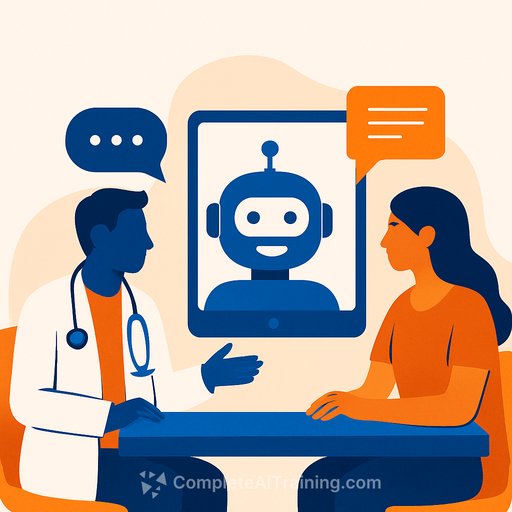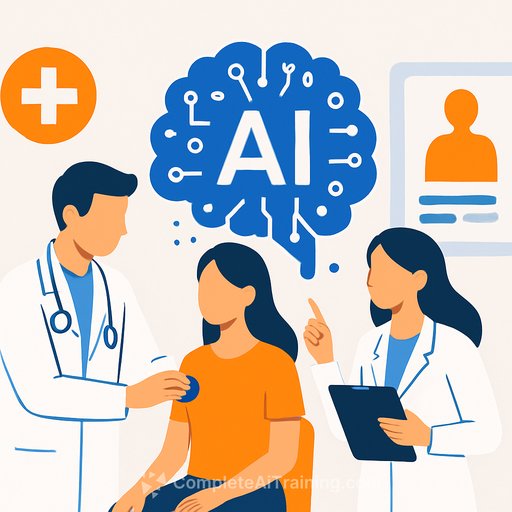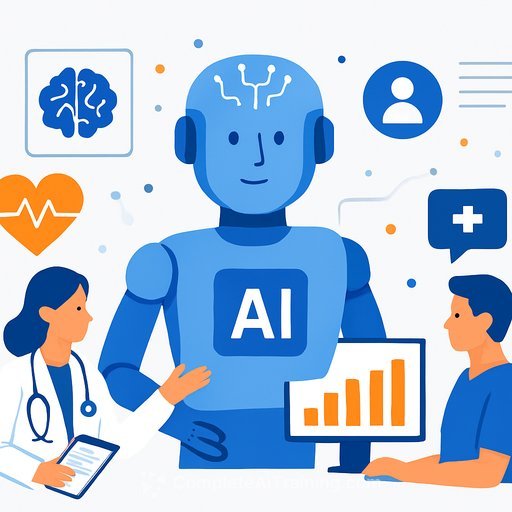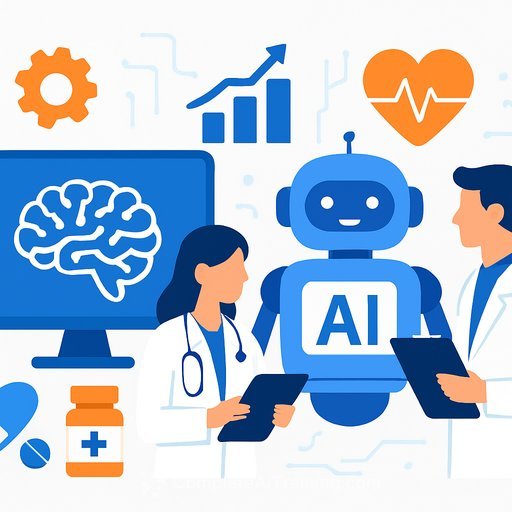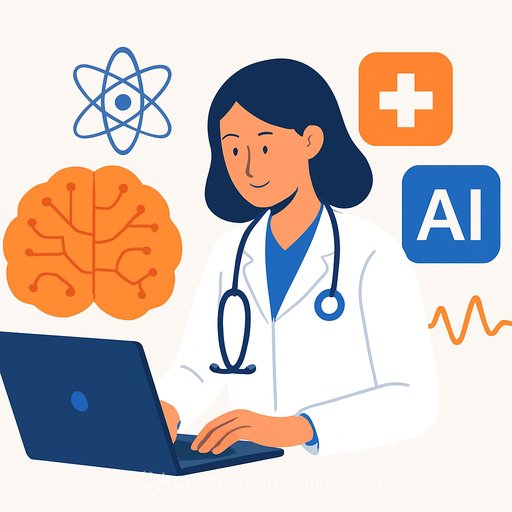Healthcare Faces Challenges with AI Integration, Says Professor Henkjan Huisman
Professor Henkjan Huisman, newly appointed at Radboudumc in AI-guided imaging, emphasizes the need for healthcare to adapt quickly to artificial intelligence advancements. With over 35 years in medical AI research, he notes the rapid growth of AI capabilities, especially in medical fields where AI performance now matches expert-level results.
His focus is on medical imaging—technologies such as ultrasound, MRI, and nuclear medicine—that create images used for diagnosing and treating diseases. AI’s role in interpreting these images is expanding fast, but Huisman warns that healthcare is not yet ready for patients to rely on AI-generated advice that is often more accurate than the usual online information sources.
Ensuring Reliable AI Diagnostics
Huisman highlights two key aspects in his research about AI guidance in medical imaging. First is the responsible use of AI diagnostics. While expert-level AI tools exist, confidence in their safe, effective, and affordable implementation is still lacking. Reliable systems must monitor AI performance continuously, allowing healthcare professionals to maintain ultimate responsibility.
This monitoring serves two purposes:
- Short-term: Evaluate whether AI improves patient outcomes.
- Long-term: Develop AI systems that learn and improve over time under expert supervision.
Such frameworks ensure AI supports better care by learning from previous cases to help current patients.
AI’s Role in MRI-Guided Interventions
The second focus is AI’s ability to assist in controlling imaging devices during medical procedures, particularly MRI. AI can automate tracking of instruments in real-time, such as during biopsies, speeding up interventions and increasing accuracy.
Professor Huisman stresses that research should create clear social benefits. His team uses structured approaches like the NWO Impact Pathway and Working Backwards method to ensure research outcomes translate into practical improvements in patient care.
Background and Expertise
Huisman studied Electrical Engineering in Delft with a specialization in medical imaging. After graduation, he joined Radboudumc’s Radiology Department, where he has worked ever since. His PhD research, completed in 1998, focused on analyzing liver tumor tissue using ultrasound.
Healthcare professionals interested in expanding their knowledge of AI applications may explore tailored learning resources. For example, Complete AI Training offers courses designed for healthcare roles that cover AI tools and their practical use in medical settings.
Your membership also unlocks:

